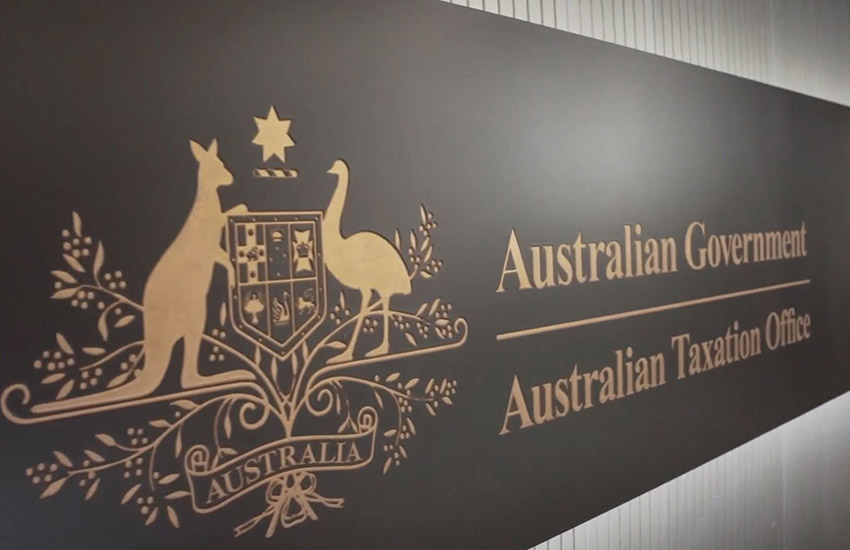Over the next month, the ATO is expected to make a decision on whether it will retire 16 occupational and industry-specific taxation rulings that have been around since 1995 to 1998.
These include Taxation Ruling TR 95/8 to TR 95/22, and TR 98/6 and TR 98/14.
You’re out of free articles for this month
The view of the ATO is that these rulings are captured in its recently published Taxation Ruling TR 2020/1, its employees guide for work expenses, and its 36 occupation and industry-specific guides on its website.
“We wish to assure taxpayers that this shift will not in any way reduce the amount of information available to them or offer less protection than they are currently afforded,” the ATO said.
However, Chartered Accountants Australia and New Zealand has now urged the Tax Office to reconsider the changes in light of the vast amount of work and changes that the profession has had to grapple with this year.
“Many of our members, particularly members in small practices, are exhausted from helping their clients implement JobKeeper while simultaneously trying to maintain their usual compliance work load and attending to the needs of extremely stressed clients,” said CA ANZ senior tax advocate Susan Franks.
“The volume of work from the JobKeeper changes and other government support is taking a toll on our members.
“A takeaway message… could be that now may not be the time to implement changes that affect members who are already feeling inundated and exhausted.
“Practitioners need reassurance and stability in these unprecedented times.”
Is change necessary?
CA ANZ’s survey of its membership found that a majority had either objected or were unsure why the rulings needed to be repealed.
“Those that objected specified concerns regarding the general nature of the generic ruling. It was felt that the generic ruling did not cover the circumstances relevant to specific industries,” Ms Franks said.
“The occupational/industry rulings were also seen as user friendly and jargon free. Consequently, the specific rulings are felt to be useful tools to provide to clients in those industries.
“For example, thanks to the ATO occupation ruling, an individual client who is a commercial pilot is likely to have developed sufficient knowledge — helped in part by his or her industry or employee association — to prepare for the annual tax time visit to the tax agent and now arrives prepared with most of the relevant substantiating evidence for deductions.
“In this context, any changes to the ATO occupation-based rulings need to be handled with great care lest these hard-won ‘taxpayer educational benefits’ are eroded.”
The ATO’s consultation has since closed and it expects to complete the process by November.
Part of the consultation will also review its 36 occupation and industry-specific guides to ensure these products remain contemporary and tailored to taxpayers.
Jotham Lian
AUTHOR
Jotham Lian is the editor of Accountants Daily, the leading source of breaking news, analysis and insight for Australian accounting professionals.
Before joining the team in 2017, Jotham wrote for a range of national mastheads including the Sydney Morning Herald, and Channel NewsAsia.
You can email Jotham at: This email address is being protected from spambots. You need JavaScript enabled to view it.

 Login
Login







